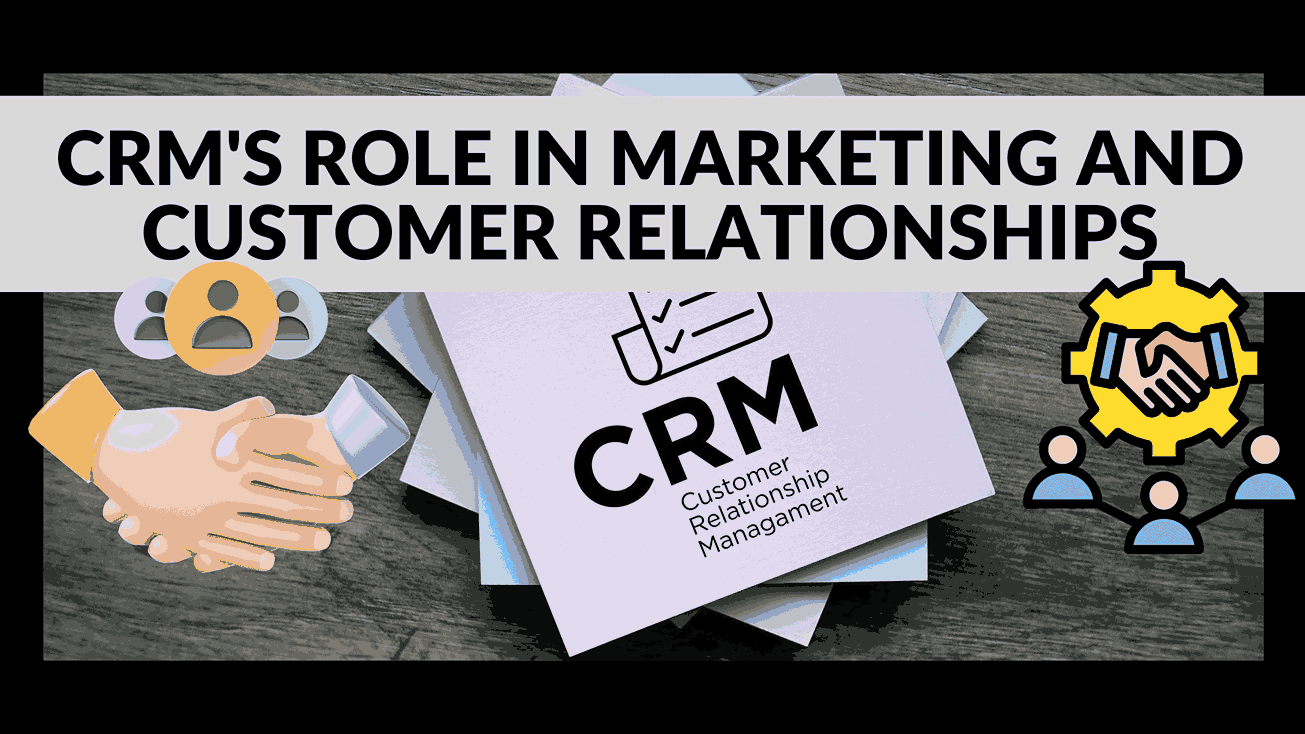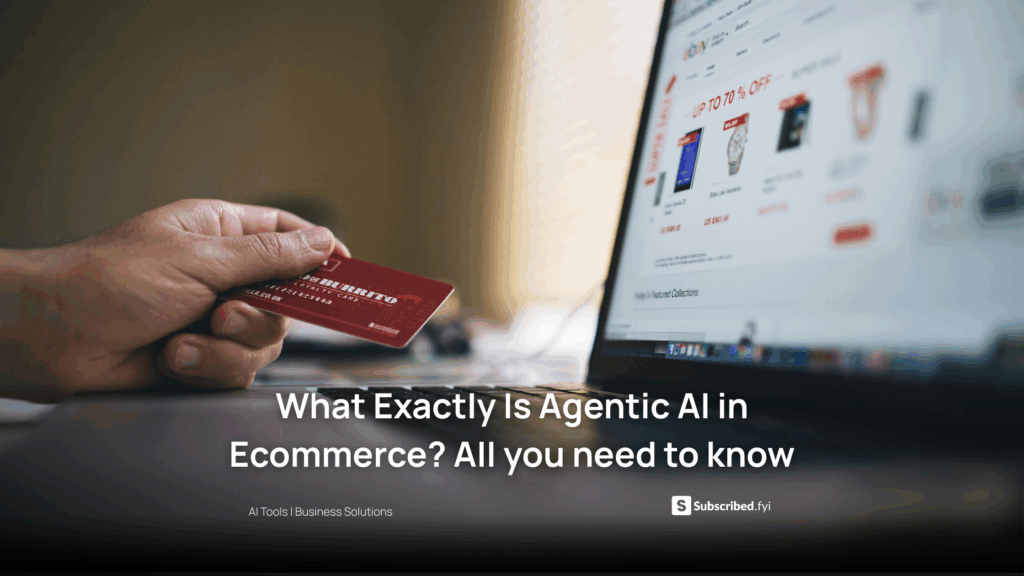CRM’s role in marketing and customer relationships
- Proposal Software Customer Relationship Management


CRM’s role in marketing and customer relationships
What is Customer Relationship Marketing (CRM)?
In today’s fast-paced business world, the key to success lies in establishing lasting relationships with your customers. Customer Relationship Marketing (CRM) is a strategy that focuses on building long-term connections with customers, aiming to increase Customer Lifetime Value (CLV), engagement, loyalty, and alignment, while minimizing costs for a greater return on investment (ROI).
Unlike traditional marketing, which concentrates on immediate sales, CRM takes a more strategic approach. It involves creating a detailed customer profile, understanding their needs, and delivering an exceptional level of service that continually adds value to the customer’s experience.
Mastering the art of CRM, often taught in advanced marketing courses like Santa Clara University’s “MKTG 3710, Tech Marketing: Winning Strategies for Effective Messaging,” can turn customers into loyal advocates for your business.
Why Use CRM?
In today’s highly competitive business landscape, customers are inundated with choices and constant marketing messages. They crave brands that genuinely understand and care about them as individuals. Research shows that “79% of customers want brands to show that they understand and care about them before making a purchase.”
In this article, we will explore the world of Customer Relationship Marketing and how mastering it can lead to long-term business success.
What is CRM?
CRM stands in contrast to traditional marketing, such as flyers, radio ads, and print advertisements, which focus solely on immediate sales. Instead, CRM relies on more long-term strategies to nurture relationships over time.
CRM typically involves four main stages:
- Customer Acquisition
- Customer Retention
- Customer Expansion
- Customer Reactivation
To build an effective CRM strategy, businesses need to be proactive in communicating with customers and resolving issues while attracting, converting, retaining, and delighting customers repeatedly. By following these steps, businesses can cultivate strong, lasting customer relationships, creating lifelong fans of their products or services and ultimately boosting revenue and ROI.
The Four Stages of CRM
1. Customer Acquisition: Customer acquisition is the process of attracting new customers, onboarding them, and converting them into loyal patrons. In 2022, with advanced digital technologies, several key steps can enhance customer relationships:
- Building a strong brand identity
- Delivering excellent customer experiences
- Educating your customers
- Offering special rewards or perks
- Gathering valuable feedback
- Leveraging storytelling in marketing
2. Customer Retention: Customer retention is crucial in reducing expenses. The cost to acquire new customers is significantly higher than retaining existing ones. Businesses can increase profits by improving customer retention rates. Customer Retention Rate (CRR) is a vital key performance indicator, and a high CRR is an excellent goal to aim for.
3. Customer Expansion: Customer expansion focuses on maximizing the value of existing customers, leading to increased spending on products and services. Methods for customer expansion include upselling, cross-selling, and offering add-ons.
4. Customer Reactivation: Customer reactivation involves reaching out to customers who have disengaged. Effective reactivation campaigns can result in increased revenues, stronger relationships, reduced customer acquisition costs, and valuable customer intelligence.
Customer Relationship Marketing Examples
CRM allows businesses to stay in close contact with customers and stay updated on their changing needs. By observing how customers use products and services and understanding their unmet needs, brands can strengthen the relationship. Examples of CRM in action include:
- Excellent customer service
- High customer engagement and feedback
- Loyalty programs
- Customer events and community-building activities for customers
- Discounts and bonuses for repeat customers
- Recognizing and thanking customers in various forums
- Rewards for customers who engage in word-of-mouth marketing
For more in-depth insights into CRM and its role in marketing and customer relationships, you can explore the following resources:
- TechTarget – CRM Definition
- Martech360 – The Role of CRM in Marketing
- Ruler Analytics – CRM in Marketing
- Santa Clara University – What is Customer Relationship Marketing (CRM)
Customer Relationship Technology
Many powerful software tools can assist businesses in achieving better CRM, such as Salesforce, Nimble, Hubspot, Zoho, and Pipedrive. These tools empower companies to streamline their CRM efforts and maximize customer relationships.
Become a CRM Expert
In the ever-evolving world of modern marketing, staying updated with the latest skills is essential for success. Earning an Online Master’s in Marketing degree from Santa Clara University’s Leavey School of Business can provide you with the knowledge and expertise to excel in the dynamic marketing industry. The program covers various marketing technologies, essential principles, objectives, channels, and consumer psychology patterns that have built some of the world’s biggest brands.
In conclusion, mastering Customer Relationship Marketing is a powerful strategy for businesses seeking long-term success. By focusing on customer acquisition, retention, expansion, and reactivation, businesses can build strong relationships and turn customers into loyal advocates, leading to increased revenue and a higher ROI.
A well-managed CRM system plays a crucial role in enhancing marketing strategies and maintaining strong customer relationships. With the help of Subscribed.FYI, freelancers and small teams can easily navigate the complexities of SaaS tools and expenses, empowering them to make informed decisions about the best options for their specific requirements. By unlocking exclusive deals and providing a centralized platform to compare, evaluate, and select SaaS tools, Subscribed.FYI offers a valuable resource for managing subscriptions and maximizing productivity. With the ability to save big on essential tools and effortlessly track expenses, Subscribed.FYI is the ultimate solution for those looking to streamline their SaaS stack and take control of their expenses.
Don’t miss out on the opportunity to unlock secret deals and save big with Subscribed.FYI Deals. Sign up for free today and gain access to exclusive member-only deals on 100+ SaaS tools, allowing you to enjoy substantial savings of $100,000+ per year. Take advantage of the ultimate subscription management solution and keep track of all your subscriptions in one place, making informed decisions and maximizing the efficiency of your SaaS stack. With Subscribed.FYI, you can effectively manage your SaaS tools and expenses, empowering you to make the most of your resources and enhance your professional endeavors.
Relevant Products:





